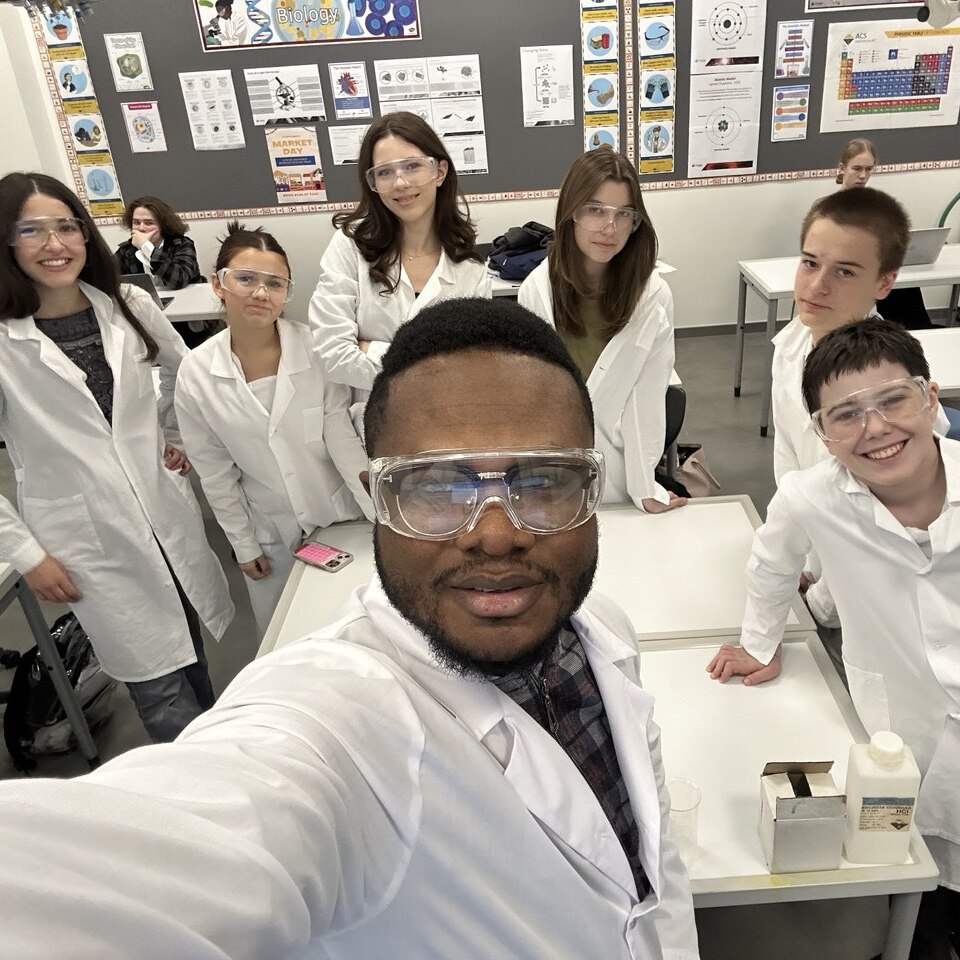This week, our 11th graders immersed themselves in a fascinating chemical experiment to explore the series of reactivity of metals. Through hands-on training, they learned how various metals react with acids and water, understanding the order of reactivity and its practical application.
What is this experiment for?
This lesson helps students understand how metals behave chemically, giving them fundamental knowledge on topics such as corrosion, metal extraction, and industrial applications.
What skills are being developed:
- Critical thinking and problem solving
- Practical laboratory methods
- Teamwork and scientific reporting
Application in life:
This knowledge is crucial for fields such as materials engineering, environmental science, and even for everyday decision-making such as choosing durable materials for construction or gadgets.
There are some metals such as lithium and magnesium that are widely used in battery production. Metals such as aluminum, which is located here, will also be used in the manufacture of aircraft parts. It has its own unique properties, for example, it is not very reactive, so it does not easily corrode. There are still so many other ideas to use that can inspire aspiring scientists.
After conducting a practical experiment, students will definitely remember how these metals will react.




